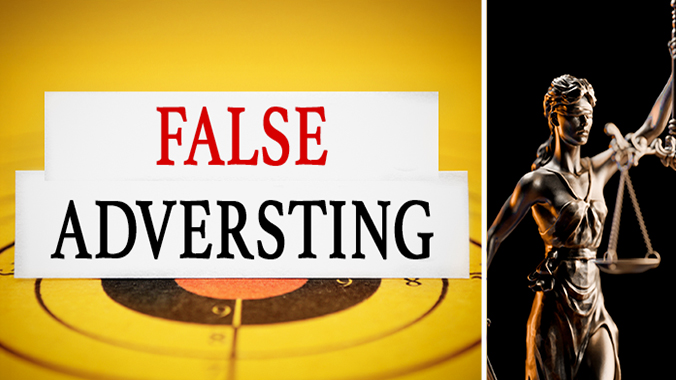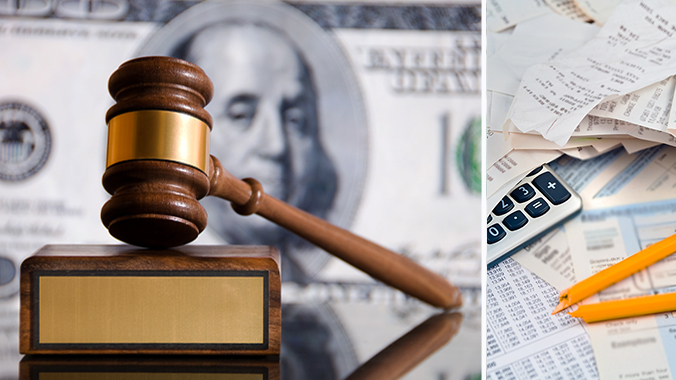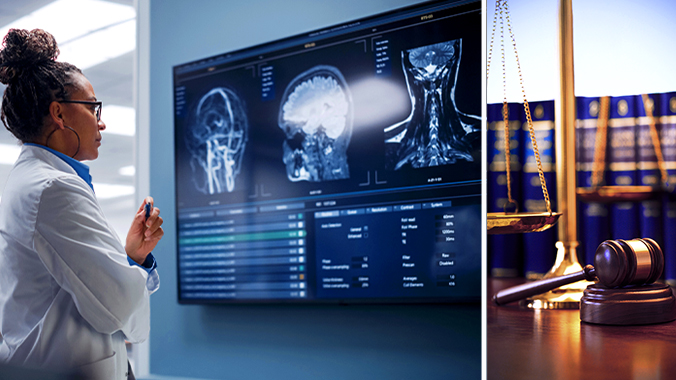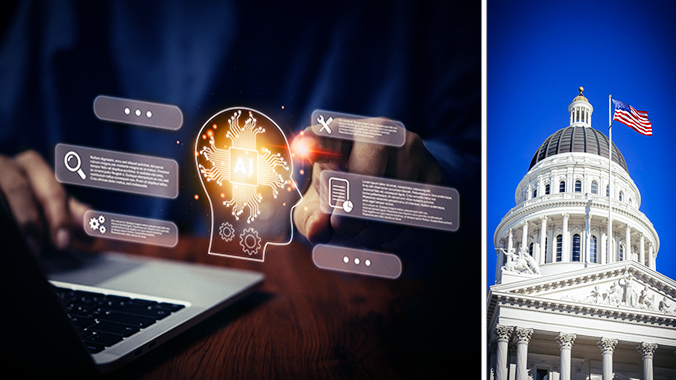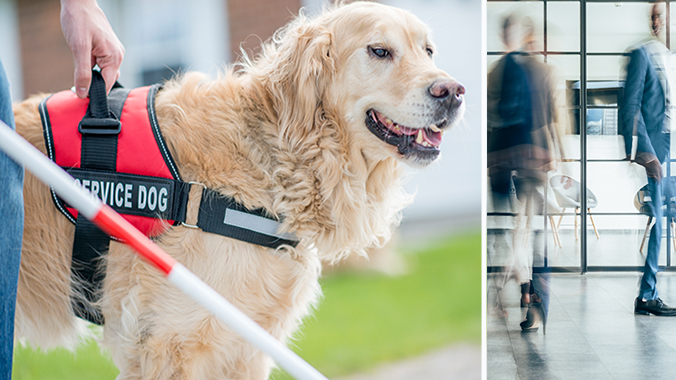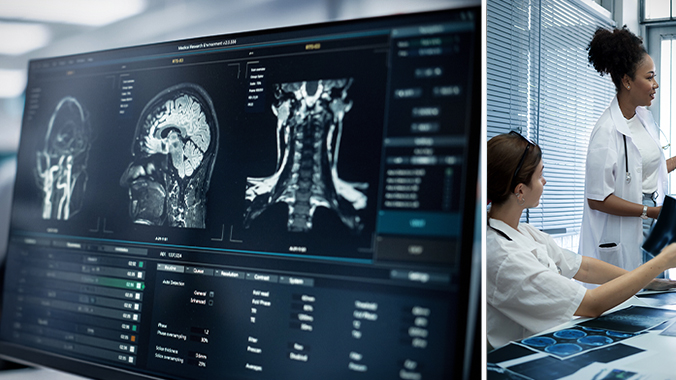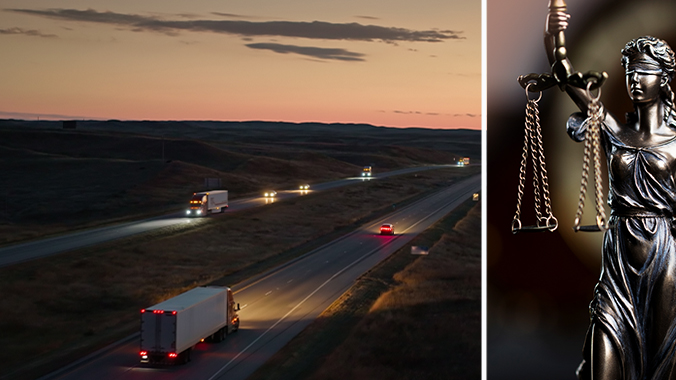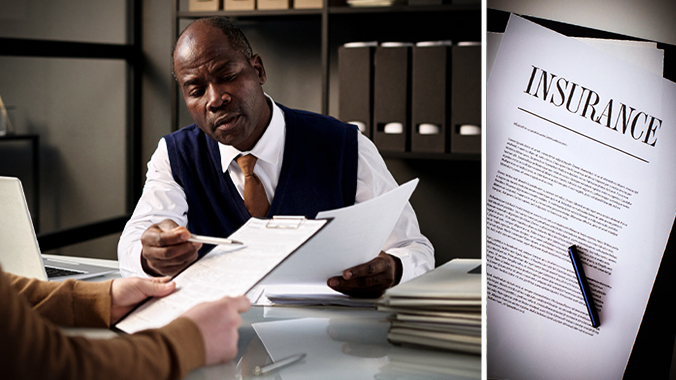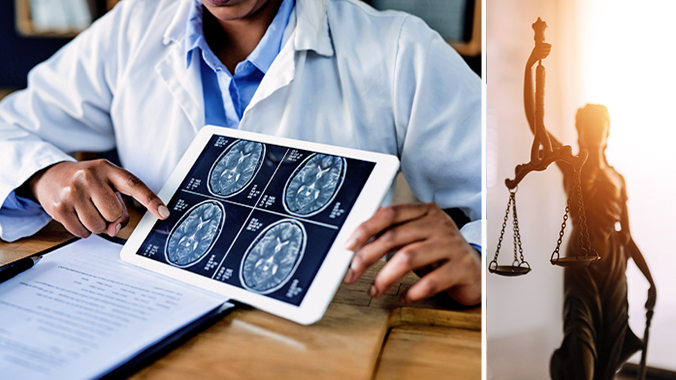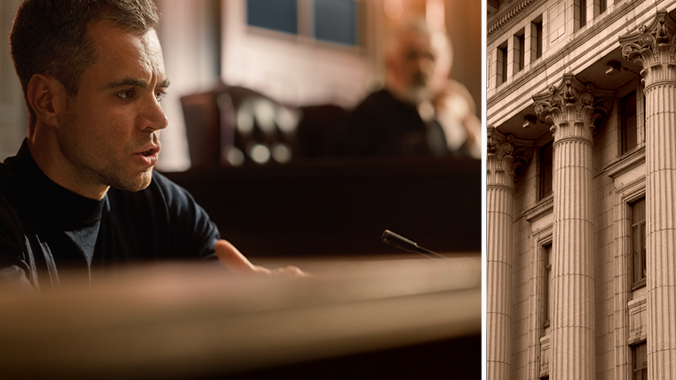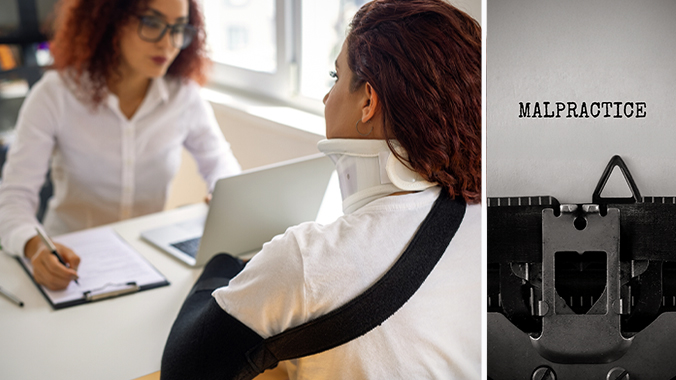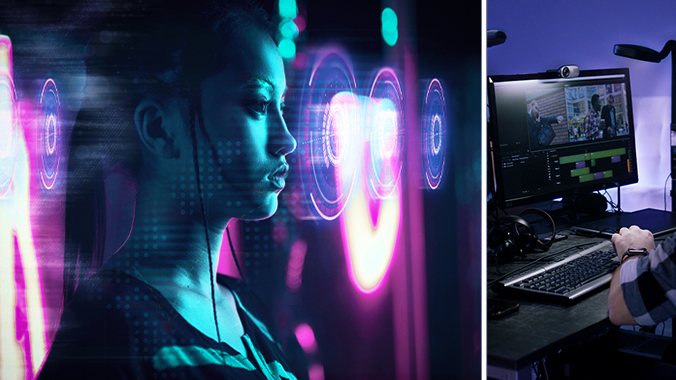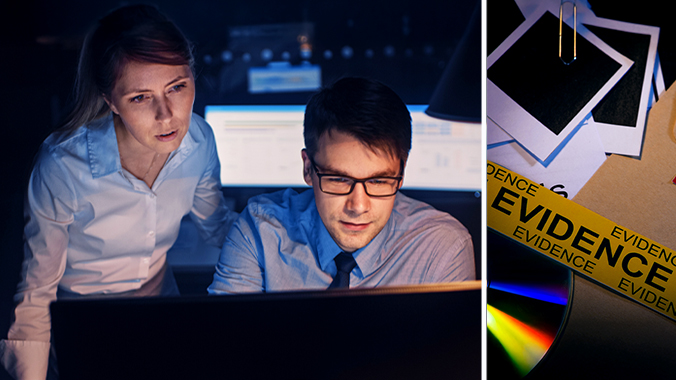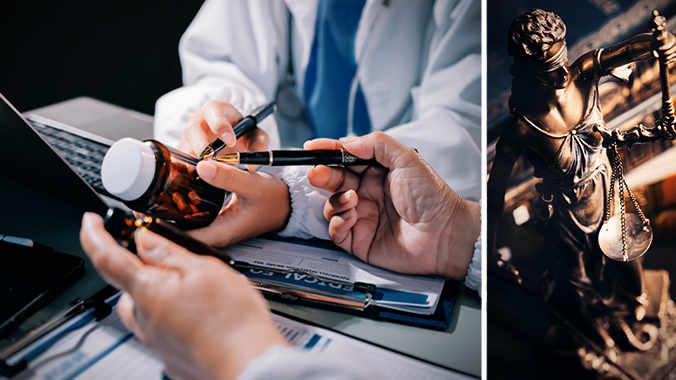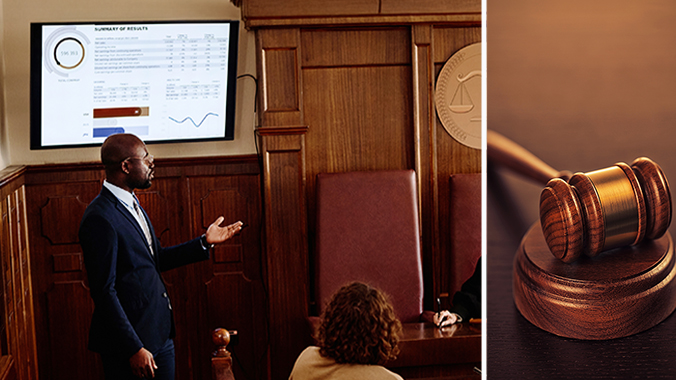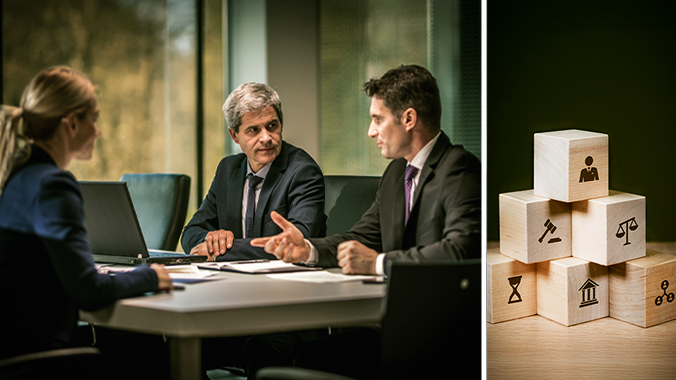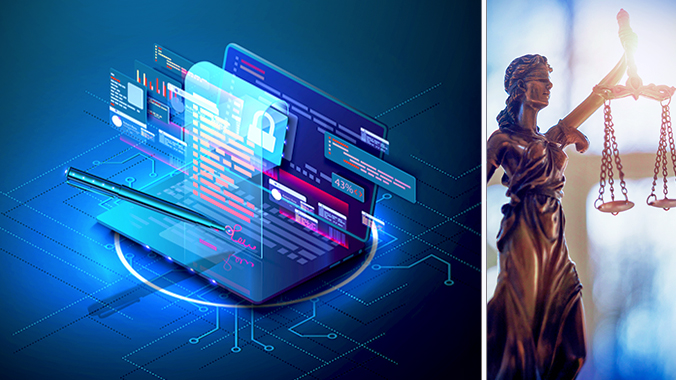Advanced Legal Research Skills for Today’s Practitioner: Practical Applications, Advanced Statutory Research, and Guardrails for Lawyers


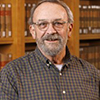
On-Demand: October 17, 2025
2 hour CLE
Tuition: $195.00
Co-Sponsored by myLawCLE
Get this course, plus over 1,000+ of live webinars.
Learn More
Training 5 or more people?
Sign-up for a law firm subscription plan and each attorney in the firm receives free access to all CLE Programs
Program Summary
This panel discussion starts by demystifying how modern systems work; covering vectors, context windows, and the role of Retrieval-Augmented Generation (RAG); and then turns immediately to guardrails: documented rates of hallucination, data use and privacy terms, and a clear ethics frame anchored in the ABA Model Rules and Formal Opinion 512. From there, the presentation becomes practical, walking through real research problems (for example, Missouri slip-and-fall and intrastate securities questions) to show how to interrogate AI tools such as Protégé, CoCounsel, and ChatGPT, while verifying results against primary and secondary authority. The closing movement recenters professional craft: ranking and validating results, leveraging Westlaw’s topic and key number system, treatises, and platforms like Lexis Ravel and Fastcase timelines to answer the question that matters most: “Do I have the most important cases?”
Continuing, statutes are an integral part of the American legal system and therefore an essential component of a comprehensive legal research process. Statutory research, however, is not always as straightforward as it may seem. In addition to presenting a framework for researching statutes, this program will cover topics that advanced legal researchers should understand, including legislation that exists outside statutory codes, the distinction between positive law and nonpositive law titles in the U.S. Code, statutory notes in the U.S. Code, the treatment of statutes in citators, the use of historical codes, and researching legislative history. The class will also include examples of statutory research in generative AI tools.
Finally, the program touches on how AI is rapidly becoming an invisible, everyday layer across digital tools; from calendars and playlists to social media, often used without users realizing it. Like the early controversies over spell-check and calculators, initial skepticism is giving way to routine reliance, even as occasional misfires (such as with voice assistants) remind us of its limits. The practical takeaway is not whether AI should be used, but when and how: understand what the system is doing, deploy it where it adds efficiency, and apply disciplined judgment to its outputs. For legal research in particular, this means interrogating AI shaped search results and summaries with critical scrutiny before relying on them.
Key topics to be discussed:
- Beginning, but not ending, with AI
- Advanced statutory and legislative history research
- Practical application of AI
This course is co-sponsored with myLawCLE.
![]() Closed-captioning available
Closed-captioning available
Speakers
 Paul D. Callister | University of Missouri
Paul D. Callister | University of Missouri
Paul Callister is the Director of the Leon E. Bloch Law Library at the University of Missouri-Kansas City School of Law, a position he has held for over two decades.
He also holds the position of Professor of Law, currently teaching Copyright Law, Developing Legal Research Skills, and Artificial Intelligence and the Law. Paul holds a B.A. from Brigham Young University, a J.D. from Cornell Law School, and an M.S.L.I.S. from the University of Illinois at Urbana-Champaign. His academic contributions have been recognized with the 2021 UMKC Law Marvin Lewis Rich Award for legal scholarship and teaching over a three-year period, and he is a two-time recipient of the UMKC Law Brenner Award for legal scholarship. Paul’s article, Generative AI and Finding the Law, was published in Law Library Journal in February 2025. In July of 2025, he received the award for the winning submission to the American Association of Law Libraries/Lexis Call for Papers.
With his co-author, Tove Klovning, his book Field Guide to Legal Research (2nd ed., West Academic) is forthcoming in early 2026. He frequently speaks and publishes on AI and research issues.
 Shawn G. Nevers | Brigham Young University J. Reuben Clark Law School
Shawn G. Nevers | Brigham Young University J. Reuben Clark Law School
Shawn Nevers is the Paul T. & Everette E. Schooley Director of the Howard W. Hunter Law Library at Brigham Young University where he has worked since 2006. At BYU Law, Shawn teaches Introduction to Legal Research and Writing, Introduction to Advocacy, and Advanced Legal Research and advises faculty and students on their research. His award-winning article “The Shadow Code: Statutory Notes in the United States Code” has been cited in several top law reviews and in federal court opinions.
Shawn received his J.D. magna cum laude from Brigham Young University in 2005 and his M.L.I.S. from the University of Illinois at Urbana-Champaign in 2006.
 Richard A. Leiter | University of Nebraska College of Law
Richard A. Leiter | University of Nebraska College of Law
Richard Leiter is the Director of the Schmid Law Library and Marvin & Virginia Schmid Foundation Professor of Law. Although he assumed his current position in 2000, he had worked on the UNL law library staff years ago (1986-1988) as Public Services Librarian. He earned his undergraduate degree (with honors) in 1976 from the University of California, Santa Cruz, his J.D. in 1981 from Southwestern University School of Law, where he was an editor of the law review, and his MLIS in 1986 from the University of Texas at Austin.
Before coming to the College of Law, he was Associate Dean of Information Technology & Services and Professor of Law at Howard University School of Law in Washington, D.C. and Library Director and Associate Professor at Regent University School of Law in Virginia Beach, Virginia. Prior to that he held various positions in both law firm and academic libraries on both coasts.
Professor Leiter has written widely on law library, legal research, and legal information technology issues. His most recent book, National Survey of State Laws, now in its ninth edition, is widely held by library reference collections and was named An Outstanding Resource by the New York Public Library. The seventh edition, published by WM S Hein & Co., Inc was released in January 2016 along with a database that contains all editions. In 2003 it won the prestigious Andrews Bibliographical Award from the American Association of Law Libraries and has been cited three times by the United States Supreme Court. He also has published, with Roy Mersky, two editions of a reader on law librarianship called, Spirit of Law Librarianship. He is an active scholar and has contributed to books, the Law Library Journal and numerous other law library publications. Professor Leiter is also the co-founder of the Spirit of Law Librarianship Award for Public Service, an award founded in 1991 that recognizes law librarians for their work serving their communities. The award was originally funded by royalties from the book, Spirit of Law Librarianship, a widely regarded reader in law librarianship, now in its second edition.
In 2014 Prof. Leiter was named to the Fastcase 50, in recognition of his pioneering work in citation analysis for use in online legal database search algorithms. In 2012 he was included as one of the Top 50 Law Professors Who Use Twitter. For many years he hosted an irregular podcast, Law Librarian Conversations. In 2020, Prof. Leiter was awarded the Academic Law Libraries Special Interest Section’s presitgious Frederick Charles Hicks Award for Outstanding Contributions to Academic Law Librarianship. He has held numerous leadership positions in national and regional law library organizations and is a frequent speaker and presenter at conferences and continuing education programs. He also serves on the steering committee of the Big10+ Law Library Alliance.
Prof. Leiter has served on the University’s Faculty Senate for twenty years and has served as a member of the Senate’s Executive Committee for several years.
Agenda
I. Beginning, but not ending, with AI | 1:00pm – 1:40pm
- How GenAI works (for lawyers)
- GenAI, guardrails & ethics
- Applied problem solving: Lexis+ AI, CoCounsel, and ChatGPT-5 on concrete tasks
- Non-AI tools for more traditional research
II. Advanced statutory and legislative history research | 1:40pm – 2:30pm
- State and federal statutory research
- State and federal legislative history research
Break | 2:00pm – 2:10pm
- Historical statutory research
- Positive law titles of the United States Code
III. Practical application of AI | 2:30pm – 3:10pm
- Using online databases
- Thinking critically about search results
- Understanding algorithms
Credits
Alaska
Approved for CLE Credits
2 General
Alabama
Pending CLE Approval
2 General
Arkansas
Approved for Self-Study Credits
2 General
Arizona
Approved for CLE Credits
2 General
California
Approved for CLE Credits
2 General
Colorado
Pending CLE Approval
2 General
Connecticut
Approved for CLE Credits
2 Ethics / Professionalism
District of Columbia
No MCLE Required
2 CLE Hour(s)
Delaware
Pending CLE Approval
2 General
Florida
Approved for CLE Credits
2.5 General
Georgia
Approved for CLE Credits
2 General
Hawaii
Approved for CLE Credits
2 General
Iowa
Pending CLE Approval
2 General
Idaho
Pending CLE Approval
2 General
Illinois
Approved for Self-Study Credits
2 General
Indiana
Pending CLE Approval
2 NLS Credit
Kansas
Pending CLE Approval
2 Law Practice Management
Kentucky
Pending CLE Approval
2 General
Louisiana
Pending CLE Approval
2 Law Office Management
Massachusetts
No MCLE Required
2 CLE Hour(s)
Maryland
No MCLE Required
2 CLE Hour(s)
Maine
Pending CLE Approval
2 General
Michigan
No MCLE Required
2 CLE Hour(s)
Minnesota
Approved for Self-Study Credits
2 General
Missouri
Pending CLE Approval
2.4 General
Mississippi
Pending CLE Approval
2 General
Montana
Pending CLE Approval
2 General
North Carolina
Pending CLE Approval
2 General
North Dakota
Approved for CLE Credits
2 General
Nebraska
Pending CLE Approval
2 General
New Hampshire
Approved for CLE Credits
120 Ethics / Professionalism minutes
New Jersey
Approved for CLE Credits
2.4 General
New Mexico
Approved for Self-Study Credits
2 General
Nevada
Approved for Self-Study Credits
2 General
New York
Approved for CLE Credits
2.4 Skills
Ohio
Pending CLE Approval
2 General
Oklahoma
Pending CLE Approval
2.5 General
Oregon
Pending CLE Approval
2 General
Pennsylvania
Approved for Self-Study Credits
2 General
Rhode Island
Pending CLE Approval
2.5 General
South Carolina
Pending CLE Approval
2 General
South Dakota
No MCLE Required
2 CLE Hour(s)
Tennessee
Approved for Self-Study Credits
2 General
Texas
Approved for CLE Credits
2 General
Utah
Pending CLE Approval
2 Professionalism & Civility
Virginia
Not Eligible
2 General Hours
Vermont
Approved for CLE Credits
2 Law Practice Programming
Washington
Pending CLE Approval
2 Other (Office Management) Hours
Wisconsin
Approved for Self-Study Credits
2 Law Practice Management
West Virginia
Pending CLE Approval
2.4 General
Wyoming
Pending CLE Approval
2 General
Preview
More CLE Webinars
Trending CLE Webinars


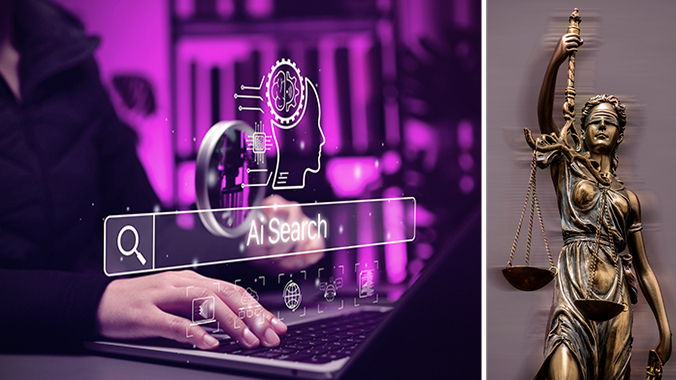
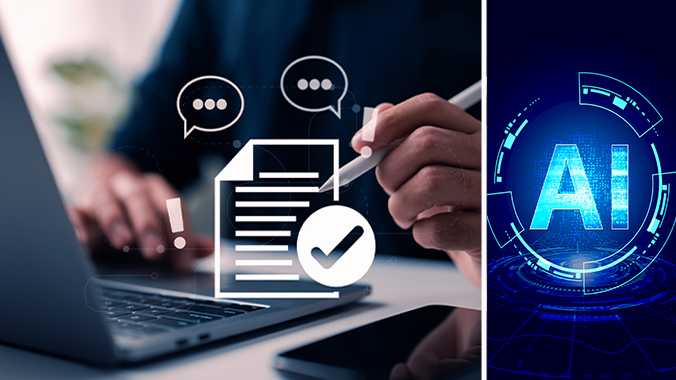

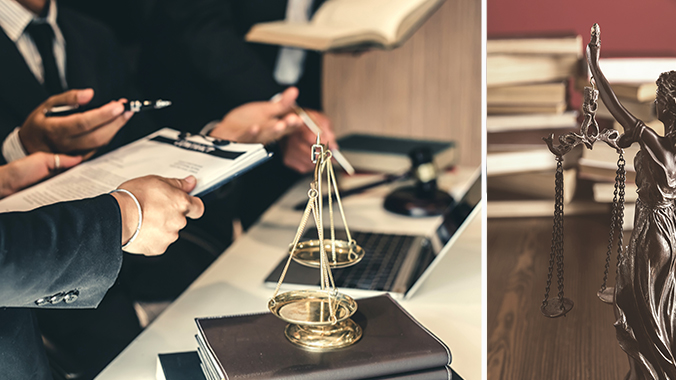
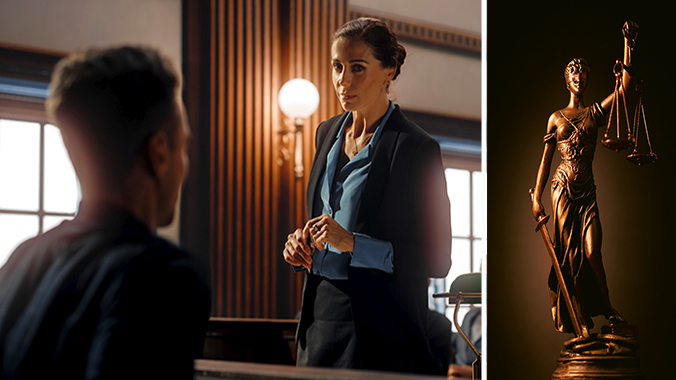

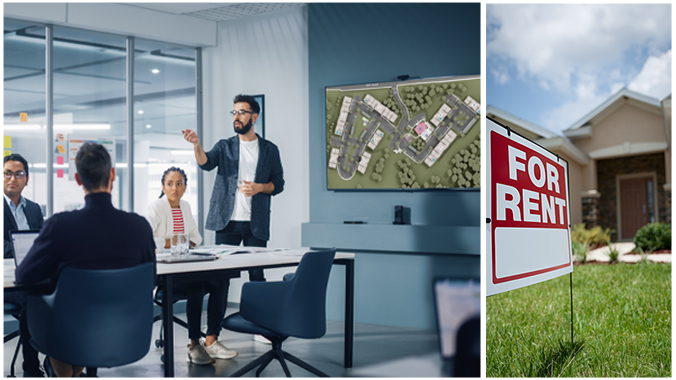

Upcoming CLE Webinars





